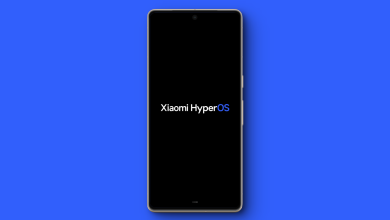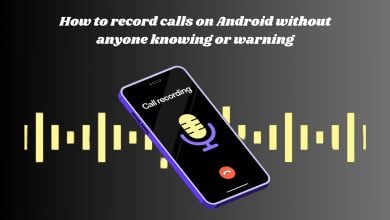5 Methods to Wirelessly Transfer Files from Android to PC
If you’re an Android user, you might experience some envy towards the Apple ecosystem for its seamless file transfer capability via AirDrop. Indeed, this feature is not natively available on Android. However, there are efficient ways to send or receive files without relying on data cables.
1) PairDrop (Windows, macOS)
PairDrop is an open-source, free-to-use web application compatible with any two devices that have internet access. Though it is not as integrated into the Android ecosystem as AirDrop is with Apple devices, PairDrop is straightforward to use with minimal setup required.
To get started, open PairDrop in a web browser on both devices. A list of available devices will appear, each with a unique, randomized name alongside the browser they are using. From the device you wish to send data from, simply click or tap on the target device and select the files you want to share.

Note: Android users can also download the SnapDrop app and use the PairDrop server address for a more streamlined and straightforward file-sharing experience.
2) LocalSend (Windows, macOS)
LocalSend is another free, open-source, cross-platform application available on Windows, Linux, macOS, Android, and iOS. It enables you to share files within your local network without needing an internet connection. It’s simple to use and set up but requires that both devices are connected to the same Wi-Fi network.

LocalSend allows you to transfer any file, image, or document and even select a whole folder to send every file within that directory to the recipient. You can also directly send text, such as links, which can seamlessly integrate into your workflow.
3) Quick Share (Windows)
Quick Share, Android’s counterpart to AirDrop, provides a smooth way to transfer files without an internet connection, though it requires Bluetooth support on both devices. While this might not pose a problem for laptop users, it can be a significant limitation for those using desktops.

With Quick Share’s system-level integration, transferring files becomes easy and efficient, particularly helpful when dealing with larger files, a feature many of its competitors lack. You don’t need to have the app running on both devices either. Just send the file to your Windows PC, where it will conveniently reside in your Downloads folder.
4) Android Debug Bridge (Windows)
For those who prefer to avoid third-party services and are prepared to invest a little time, ADB can be a powerful file transfer solution. Note that this method requires a USB cable for initial setup and involves setting up ADB on your PC.
- Connect your mobile device to your PC and open the ADB terminal.
- Check if your device is connected by typing
adb devices. - Enter
adb tcpip 5556in the terminal. This allows your PC to connect to your phone over Wi-Fi. - Use
adb shellfollowed byifconfigto find your phone’s IP address. - Connect by typing
adb connect xxx.xxx.x.x:5556(replace xxx with your Android device’s IP address). - Once connected, you can transfer files over Wi-Fi using ADB.
5) Google Drive (Universal)
Google Drive serves not only as a means of transferring files but also as a reliable backup storage option. Upload any file you want to share onto Drive, allowing access from any device, be it a phone or computer. This method provides a secure way to share data while also keeping it backed up for future use.

While all of the options discussed require an active internet connection for sharing or pairing, a wired connection remains the most secure and reliable method for connecting devices and transferring data without utilizing third-party services.





